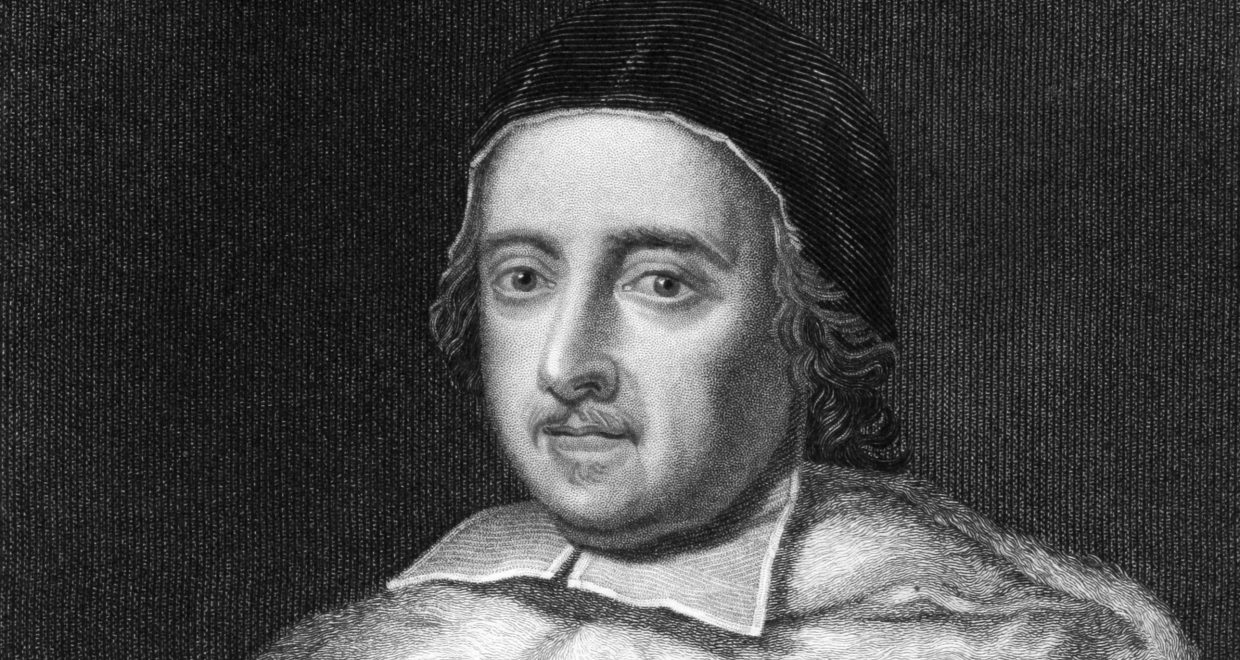Before Political Theory
This blog accompanies the Historical Journal article Office, Political Theory, and the Political Theorist by David Kearns and Ryan Walter
The term theory (Latin, theoria) has no settled meaning, constituting rather a loose family of uses ranging across notions of contemplative knowledge, knowledge derived from principles or axioms, and knowledge of the transcendental conditions of empirical experience, amongst others. Drawing on its investments in German idealism and Heideggerian metaphysics, the modern humanities academy is most familiar with theory as a practice of outstripping scholarly disciplines through the apparent retrieval of their unconscious or forgotten presuppositions. It was the cashing-in of these investments that gave rise to the “theory boom” of the 1960s. In consequence, either doing theory or spending time with theorists has been common for two generations or so. For historians, however, it is necessary to step back from this fact of our world and determine if theory was a recognized genre or style of thought in a given period.
In our article, we argue that a major fault line in early-modern Britain was the propriety of engaging in abstract speculation on the political order, and that this constituted a particular context for debate over theory. Speculators were castigated for laying claim to knowledge on the basis of conceptual virtuosity without having mastered the relevant disciplines, such as the discipline of law. This is the context in which we locate Matthew Hale, who insisted on the specificity of legal reasoning and accused Hobbes of a false pretension to universal knowledge. In addition, the risk of enthusiasm – of losing control of the mind’s imaginative faculty – also weighed against theoretical reflection. All of this saw “theory” used as a dirty word in politics, typically opposed to “practice” and “experience”. Edmund Burke energized this topos, allowing it to migrate beyond the immediate context of the French Revolution to political economy and reform in general in the nineteenth century.
The defences of theory and theorists that arose following the French Revolution targeted the idea that there could be facts without theory, using a formula that bears some similarity to those of the 1960s theory boom. In general, if a contest can be recast as a question of good and bad theory, then the theorist becomes indispensable. This was the strategy of Dugald Stewart in his reply to Burke, who made a place for the political theorist as a servant to the legislator. Today’s political theorists rarely sully themselves with such labour, preferring to ascend to higher levels of reflection. But the more important point is that when we assume that past political thinkers were “political theorists” we are often failing to grasp the local dispute-contexts that determined what counted as good and bad thinking; until recently, “political theory” did not exist, and its beginnings in Britain were difficult.
Read the full article for free here.
Main Image: Matthew Hale (1609-1676). Engraved by J.W.Cook and published in London by Lodge’s British Portraits encyclopedia, United Kingdom, 1823. Shutterstock






